Paula Radcliffe: Pressure to release blood data 'almost abuse'
- Published
Speaking in September, Paula Radcliffe denies cheating
Paula Radcliffe feels like she has been "almost abused" by calls for her to release her blood data.
The former British athlete, 41, says she has been implicated by a parliamentary hearing on blood doping, following a Sunday Times investigation.
Radcliffe's 'abnormal scores' have been seen by Sky News, external despite her earlier telling the BBC she would not be "forced" into releasing them.
She claims the results are "not even suspicious".
The marathon world record holder scored 114.86, 109.86 and 109.3 in three blood test results, which were followed up and cleared by the IAAF at the time they were given.
Any score above 103 recorded by a female athlete can trigger further action, but Radcliffe, who set her world best time in 2003, said those three tests analysed by experts employed by the Sunday Times lacked context.
Guidelines, external from world athletics governing body IAAF say readings should not be taken within two hours of exercising.
Radcliffe added: "Two of those are invalid because they were taken immediately post-race and they would not be looked at for that reason.
"But if they are looked at by qualified experts with the full context, they would say that is totally explainable, that's not even suspicious."
Radcliffe says all three samples were taken after periods of altitude training.
Earlier on Thursday, when asked by the BBC whether freeing blood data would clear her, Radcliffe said: "I don't need to. I'm clean."
Her stance was in accordance with the advice of the World Anti-Doping Agency (Wada), which maintains that released data for athletes can be misinterpreted.
But fellow British athletes Mo Farah and Jo Pavey are among those to have published their personal information to prove they are clean.
Radcliffe had said she would not release her data because she wanted to "protect a lot of other innocent athletes". She told the BBC: "I do not want to see another innocent athlete put through what I've been through in the last few months."
'I don't really care what committee thinks'
After believing she was linked with the Sunday Times investigation during a Commons Culture, Media and Sport Committee hearing on Tuesday, Radcliffe said she did not want to "enter into a huge battle" with Jesse Norman MP, who suggested London Marathon winners and medallists and "potentially British athletes" were under suspicion.
Norman did not mention Radcliffe by name but she responded: "Maybe he didn't understand that to all intents and purposes he may as well have mentioned my name.
"My bigger concern is not with that committee. I don't really care what a committee of MPs thinks about a situation that they don't fully understand.
"I do believe they should have had representatives from the IAAF there if they were going to attack and besmirch the good work they have carried out and have done in being at the forefront of the anti-doping movement.
"If they were going to launch accusations against athletes, they should have invited them."
Meanwhile, five-time Olympic champion Sir Steve Redgrave has criticised the treatment of Radcliffe.
Redgrave told BBC Sport: "The way Paula is being looked at is wrong. Rumours going around for days and weeks is not the way to handle it."
Anti-doping needs more funding - Cram
Former 1500m world champion Steve Cram called for parliament to provide funds to aid the fight against cheating in sport.
He told BBC Two's Newsnight: "MPs are questioning it and rightly so. But the anti-doping organisations need more funding.
"If they are that concerned it would be wonderful if the government in this country set an example and made money available to catch cheats instead of chasing Paula Radcliffe.
"It is very hard for her to prove her innocence. We are almost left with trial by public opinion. She hasn't done anything wrong."
Cram also told BBC Radio 5 live: "Paula's come out on the front foot and done what any of us would do.
"If we spend too much of our time focussing on a sensational story like this, it only benefits one group of people and that's the people who are still cheating."
- Published19 August 2015
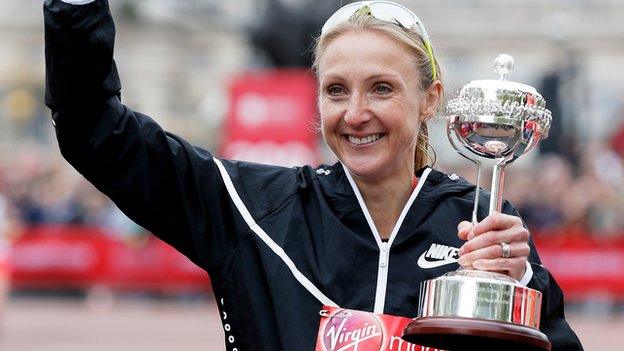
- Published9 September 2015
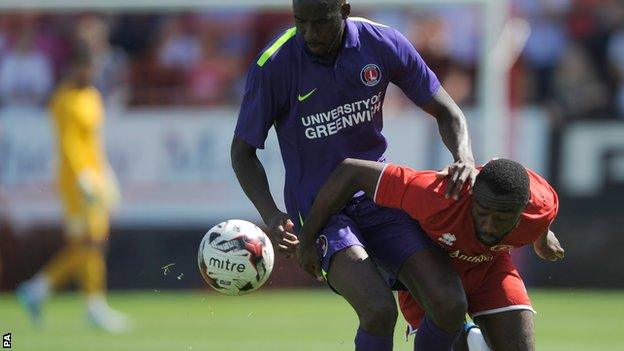
- Published9 September 2015
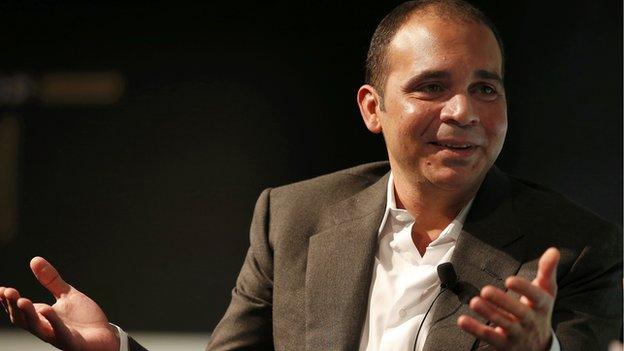
- Published9 September 2015

- Published9 September 2015
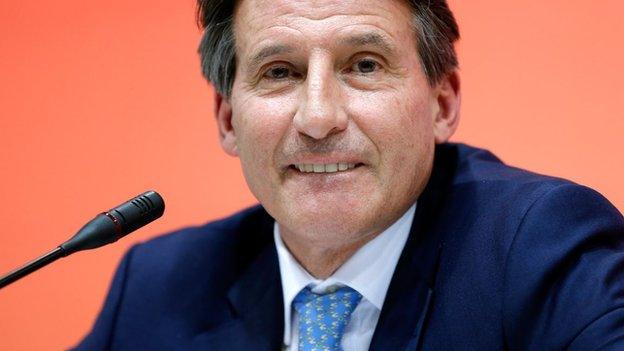
- Attribution
- Published9 September 2015
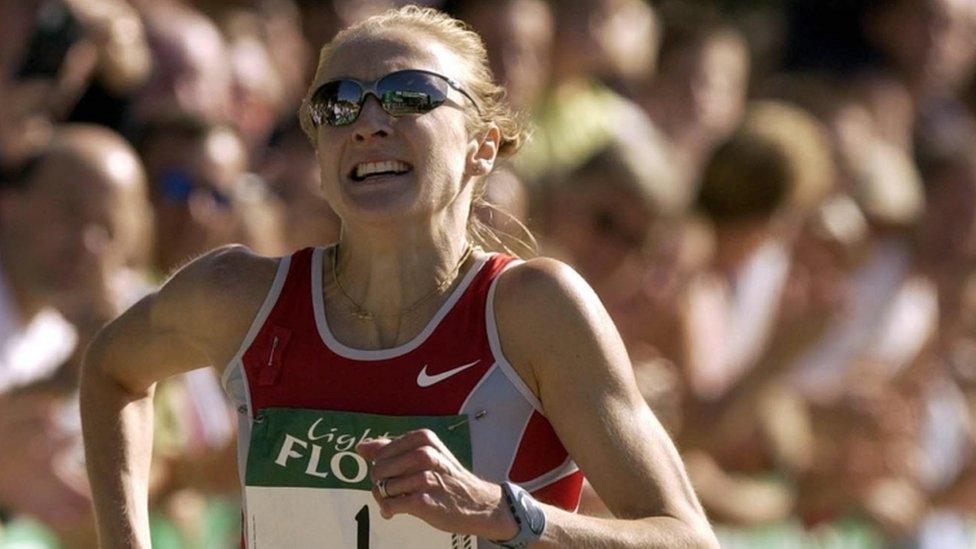
- Published8 September 2015
